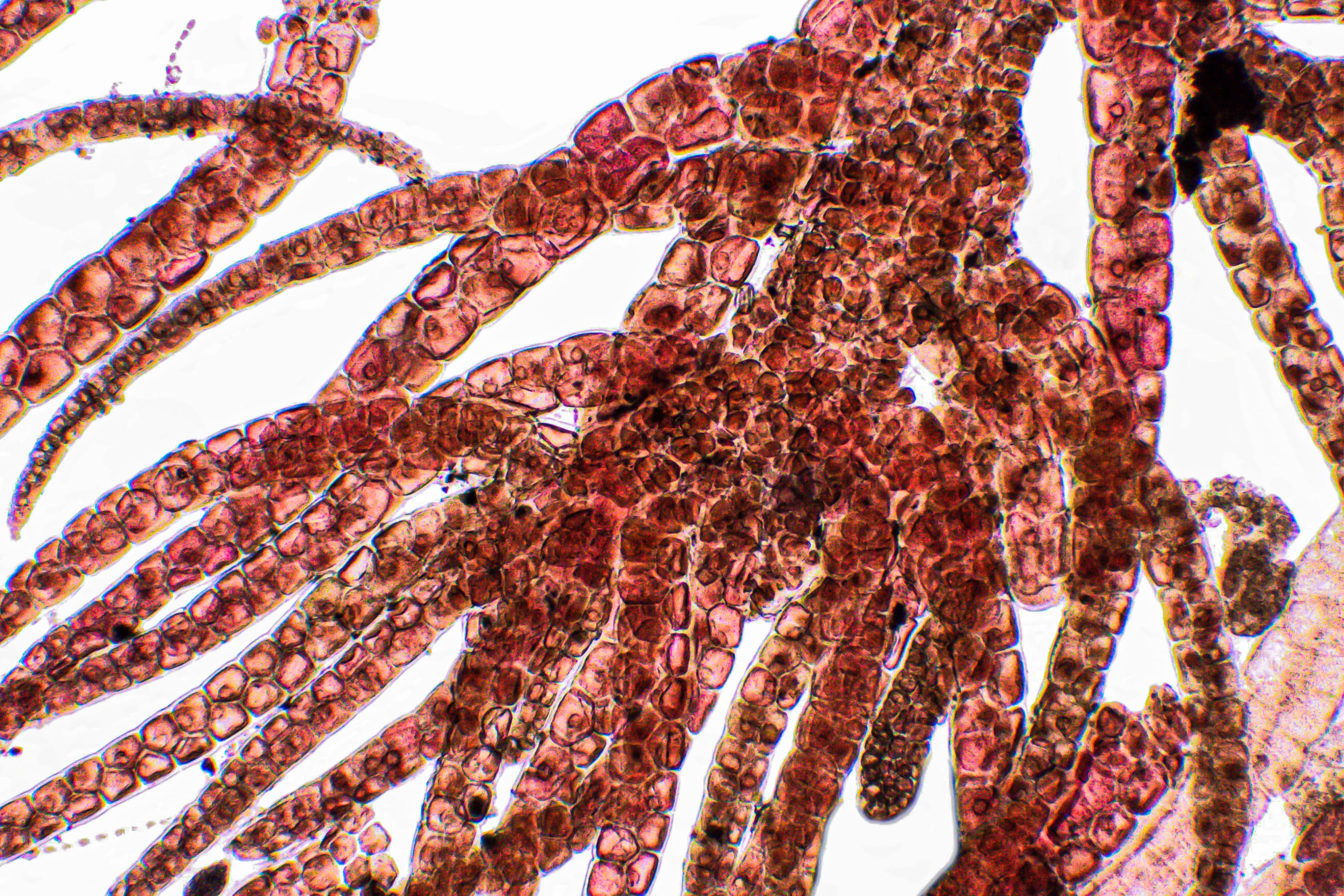Caffeine, the world's most widely consumed psychoactive substance, is known for its stimulating effects. While caffeine anhydrous has become a popular choice, green tea caffeine offers a natural alternative that brings additional health benefits. Let's delve into the distinctive qualities of green tea caffeine and caffeine anhydrous, and explore the potential advantages of choosing green tea for your daily pick-me-up.
Understanding Green Tea Caffeine
Green tea, derived from the Camellia sinensis plant, is revered for its rich history and health-promoting properties. It contains a moderate amount of caffeine, alongside a variety of beneficial compounds such as antioxidants, polyphenols, and catechins. These components work synergistically to provide a holistic approach to well-being.
Caffeine Anhydrous: Pure Power
Caffeine anhydrous, on the other hand, is a dehydrated form of caffeine that is commonly used as a concentrated supplement. It is derived from natural sources such as coffee beans or synthesized in a laboratory. Caffeine anhydrous is often added to energy drinks, pre-workout supplements, and weight loss products due to its potent stimulant effects.
Balancing Alertness and Calmness with L-Theanine
One significant advantage of green tea caffeine is its natural combination with L-theanine, an amino acid abundant in tea leaves. L-theanine has a calming effect on the mind and body, counteracting the potential jitteriness associated with caffeine consumption. This unique synergy allows green tea caffeine to promote both alertness and a sense of relaxation, fostering a state of focused tranquility.
Sustained Energy Release and Metabolism Boost
Green tea caffeine offers a gradual and sustained release of energy compared to the rapid jolt provided by caffeine anhydrous. This can help avoid the energy crashes commonly experienced with highly concentrated caffeine sources. Additionally, green tea has been shown to have a thermogenic effect, increasing metabolic rate and potentially aiding in weight management.
Antioxidant Powerhouse: EGCG
One of the most notable health benefits of green tea caffeine comes from its high concentration of epigallocatechin gallate (EGCG), a potent antioxidant. EGCG has been extensively studied for its potential in supporting cardiovascular health, promoting healthy aging, and assisting in weight management. These benefits are not found in caffeine anhydrous alone, making green tea a favorable choice for overall well-being.
Gentle Digestion and Gut Health
Green tea, when consumed in moderation, is generally well-tolerated and can have a soothing effect on the digestive system. It has been linked to promoting healthy gut bacteria and aiding in digestion, potentially supporting a balanced microbiome. In contrast, caffeine anhydrous, especially when consumed in excessive amounts, can cause digestive disturbances and irritate the stomach lining.
Conclusion
While both green tea caffeine and caffeine anhydrous can provide a stimulating effect, the holistic benefits of green tea make it a superior choice for those seeking a natural boost. With its balanced alertness, calming properties, sustained energy release, and antioxidant power, green tea caffeine offers a more gentle and comprehensive approach to well-being compared to caffeine anhydrous alone.
It's important to note that individual tolerance to caffeine may vary, and moderation is key. As with any dietary consideration, it is recommended to consult with a healthcare professional or registered dietitian for personalized advice.
So, embrace the natural awakening of green tea caffeine and experience the multifaceted benefits it brings to your mind, body, and soul. Sip, savor, and elevate your well-being one cup at a time.
Sources:
- Liu, G., Miura, Y., Yamada, H., & Ezaki, O. (2012). Beneficial effects of green tea on age-related diseases: From bench to bedside. Complementary Therapies in Medicine, 20(5), 328-335. doi: 10.1016/j.ctim.2012.05.008
- Dietz, C., & Dekker, M. (2017). Effect of Green Tea Phytochemicals on Mood and Cognition. Current Pharmaceutical Design, 23(19), 2876-2905. doi: 10.2174/1381612823666170105152829



Leave a comment
All comments are moderated before being published.
This site is protected by hCaptcha and the hCaptcha Privacy Policy and Terms of Service apply.